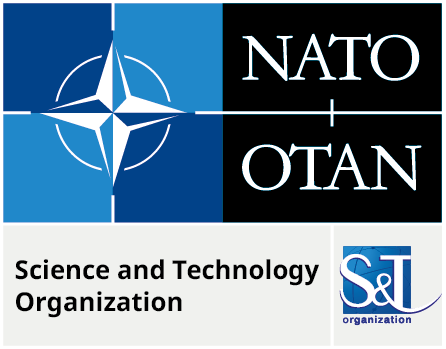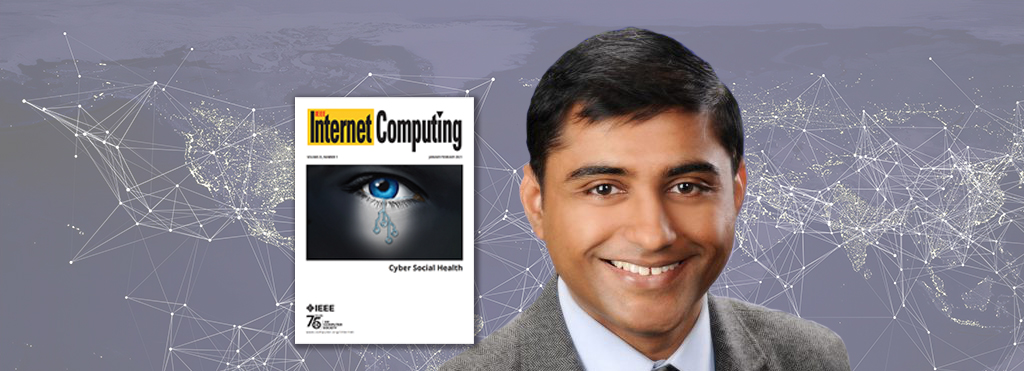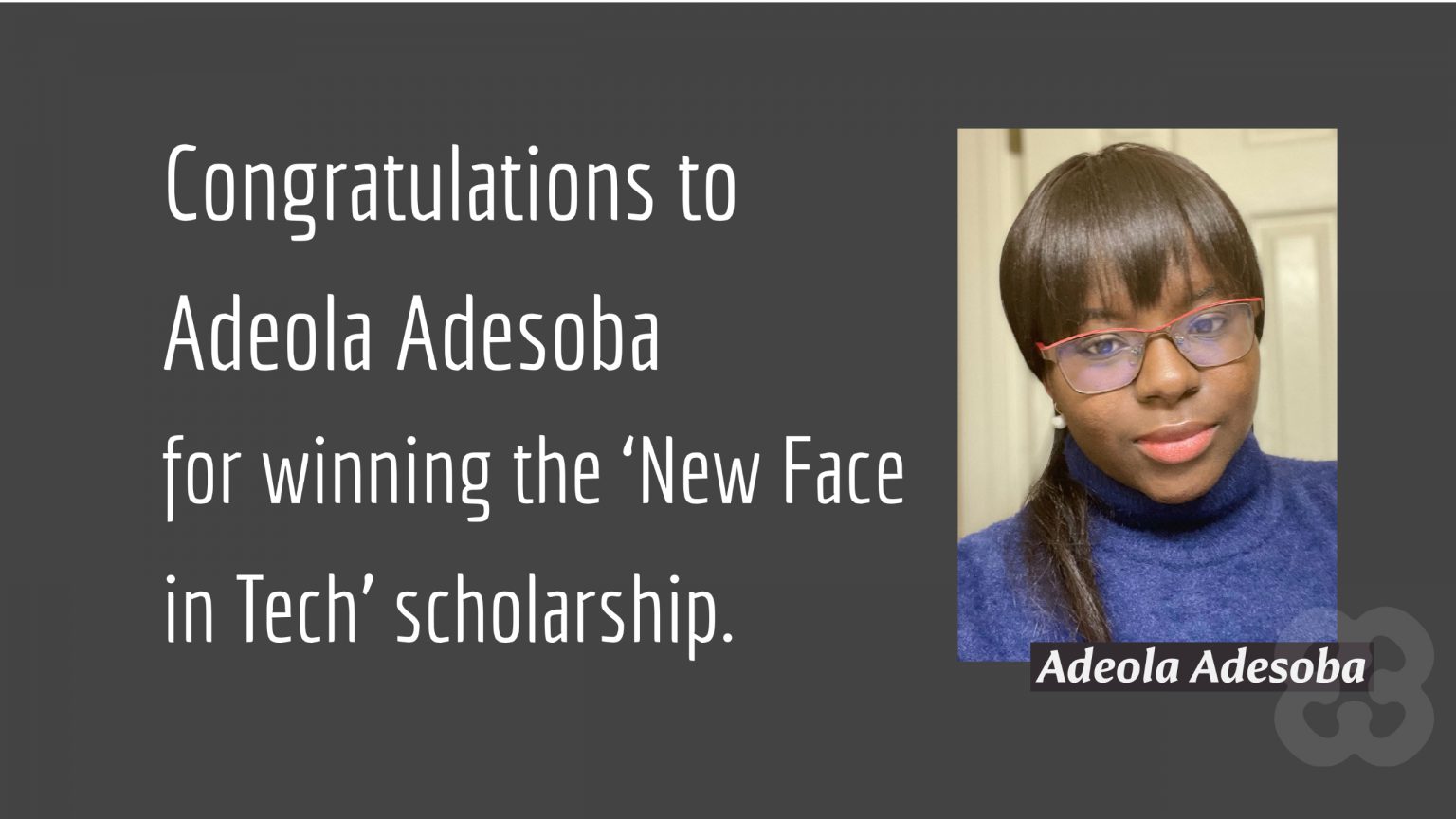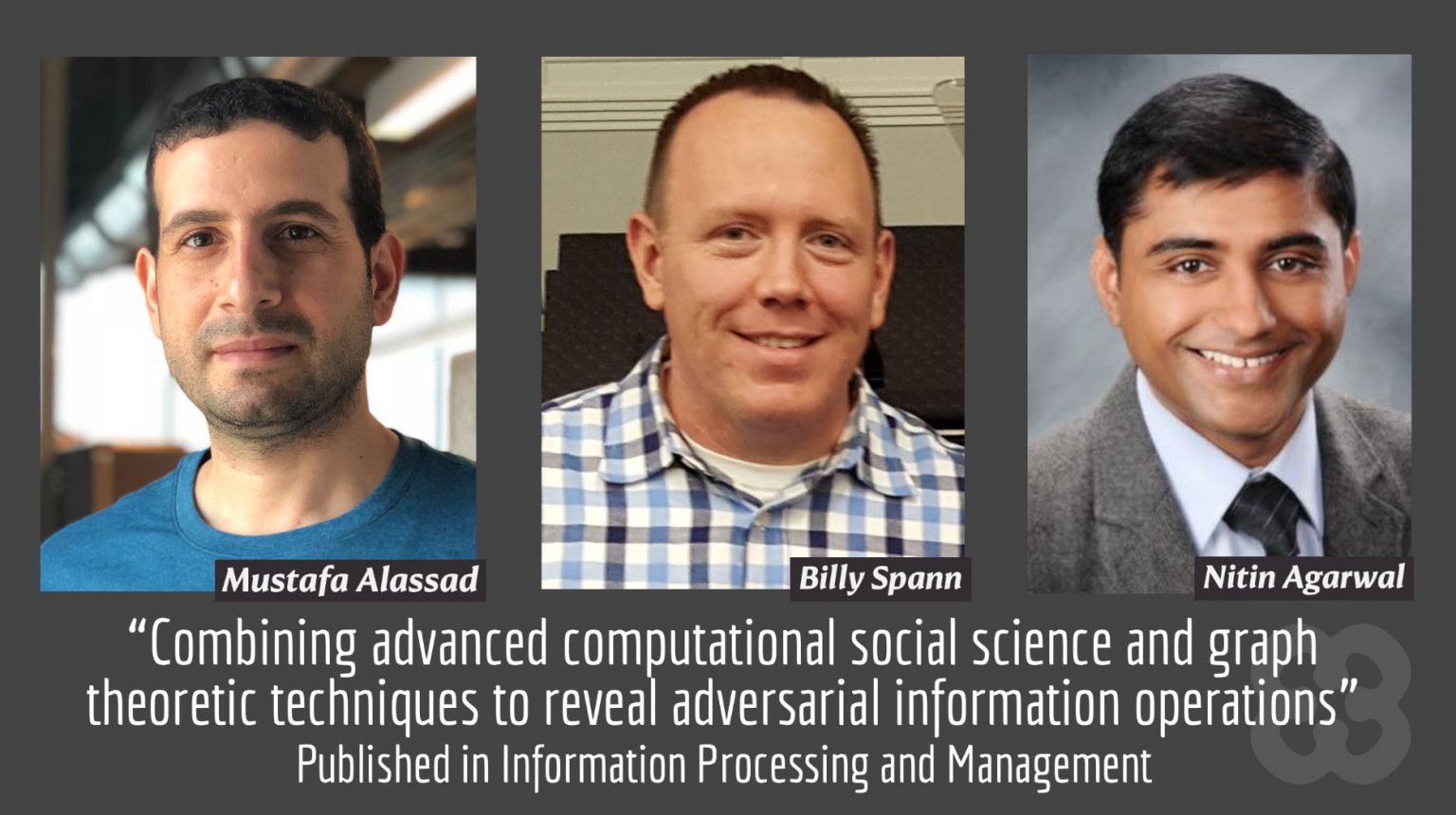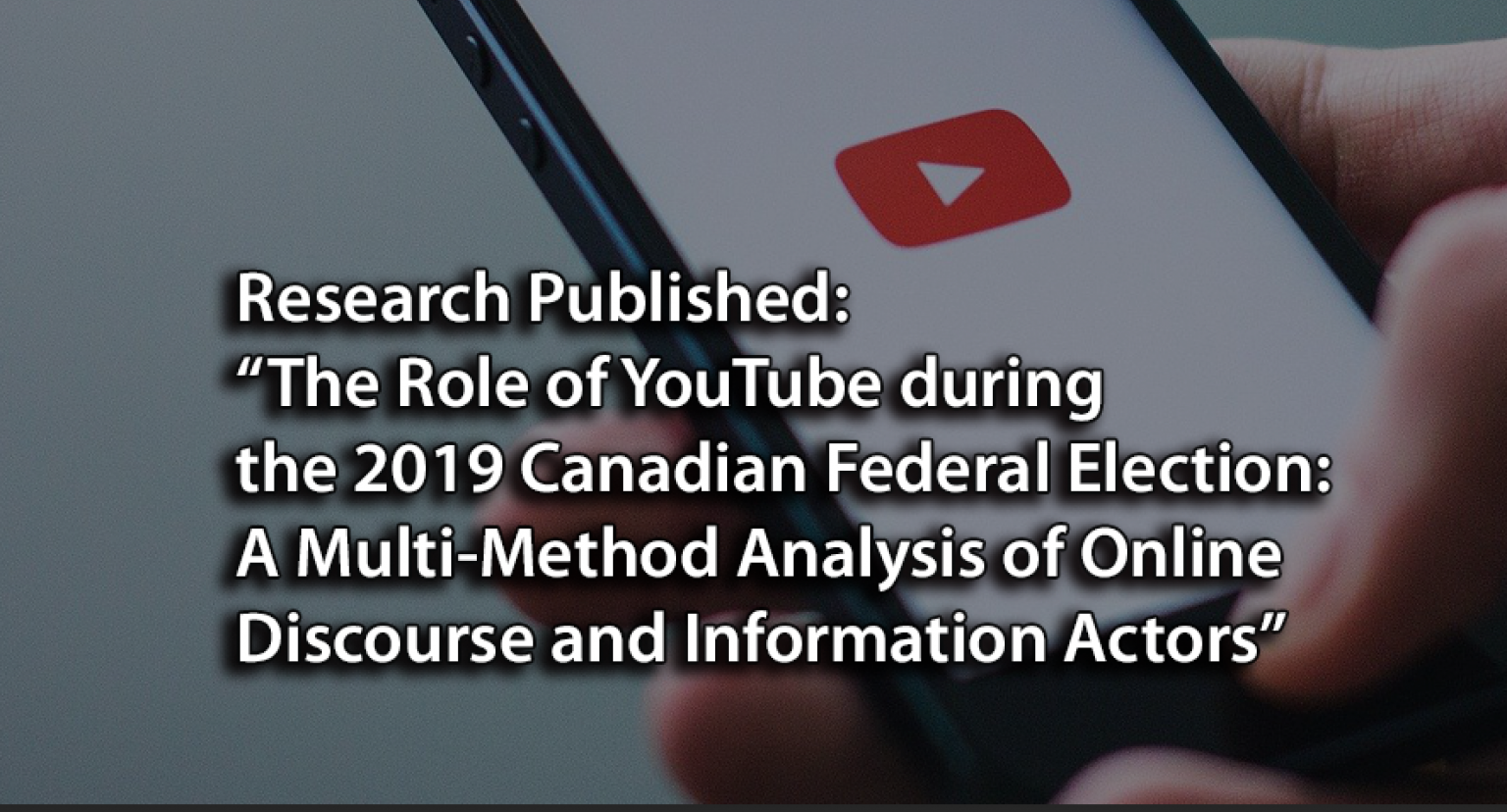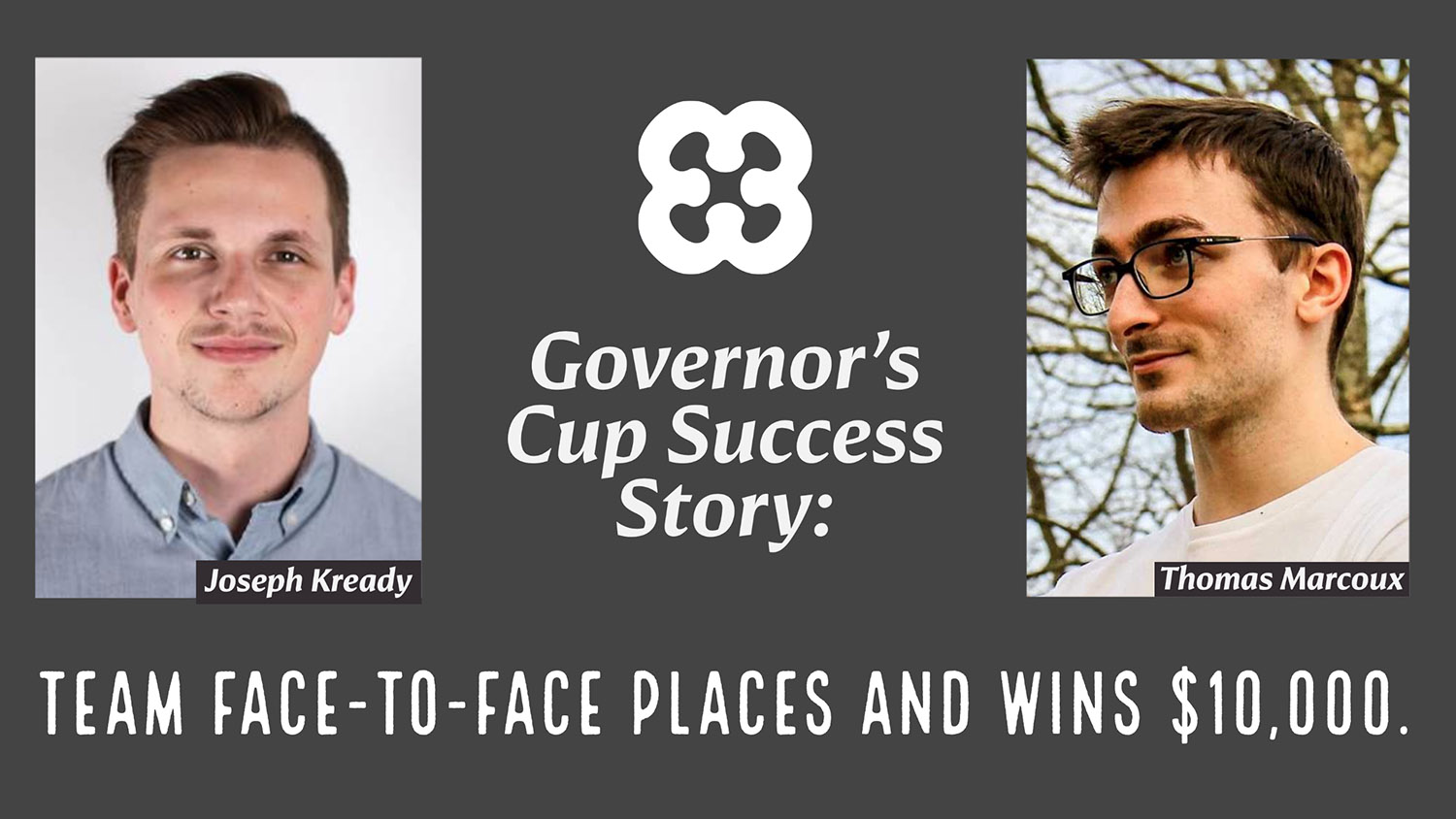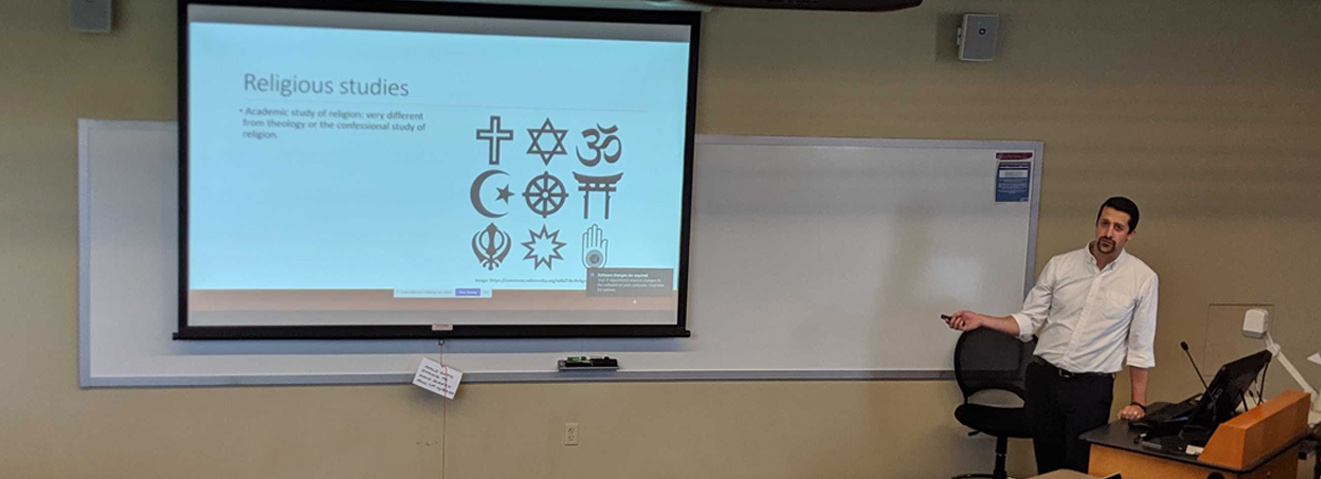COSMOS Research covered by Arkansas Business
COSMOS and Director Dr. Nitin Agarwal recently made headlines in Arkansas Business’ Technology section, and their article can be accessed here. There, in an interview with Lara Farrar, Dr. Agarwal delved into the various research being conducted by cosmographers, and touched upon the national concerns when it comes to discovering both the positive and the malicious narratives driven by social media. In their interview, Dr. Agarwal went into the foundations behind the research and why it’s so sought-after, especially in the context of the recent $5 million grant awarded to him and the COSMOS center by the US Army Research Office. Her article, part ofRead More →

